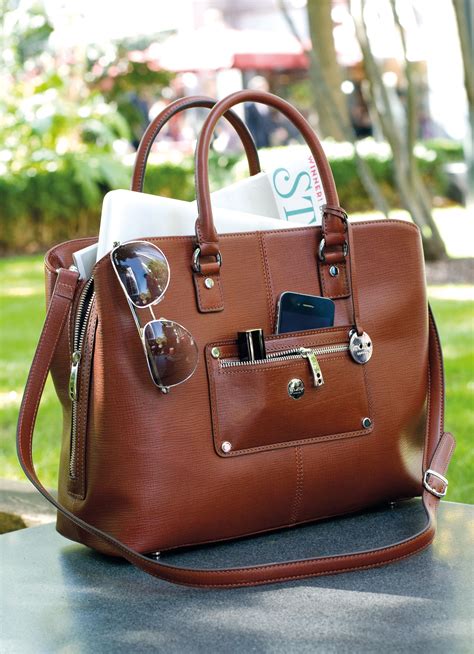house of gucci recensies | House of Gucci plot summary
$237.00
In stock
Ridley Scott's "House of Gucci" stormed onto screens amidst a whirlwind of anticipation. The film, based on the true story of the Gucci family's rise and fall, promised a decadent glimpse into a world of high fashion, immense wealth, and ultimately, betrayal and murder. But did it deliver? Reviews have been a mixed bag, to say the least. While the film is undeniably entertaining, boasting a stellar cast and lavish production design, it's also been criticized for its uneven tone and historical inaccuracies. This article delves deep into the critical reception of "House of Gucci," exploring the various aspects that have contributed to its polarizing reviews.
A Shifting Tone: Pleasure, Power, and Privilege Gone Sour
One of the most consistent criticisms leveled against "House of Gucci" is its tonal inconsistency. The film often shifts between operatic melodrama, dark comedy, and outright thriller, leaving some viewers feeling disoriented. While some appreciate this blend, finding it a reflection of the Gucci family's own chaotic lives, others find it distracting and ultimately detrimental to the overall narrative.
The initial act of the film leans heavily into a romantic comedy vibe, portraying Patrizia Reggiani (Lady Gaga) as a charming gold digger who seduces the socially awkward Maurizio Gucci (Adam Driver). This segment is filled with lighthearted moments and a sense of playful ambition. However, as Patrizia becomes more entrenched in the Gucci family and her desire for power intensifies, the tone gradually darkens. The film explores the corrosive effects of wealth and ambition, showcasing the infighting, backstabbing, and ultimately, the tragic consequences of their relentless pursuit of control.house of gucci recensies
Anchored by an Endlessly Entertaining Ensemble
Despite the tonal inconsistencies, one thing that almost all reviewers agree on is the strength of the ensemble cast. Lady Gaga delivers a powerhouse performance as Patrizia Reggiani, capturing her ambition, vulnerability, and eventual descent into madness. Her portrayal is both captivating and terrifying, and she dominates every scene she's in. Adam Driver, as Maurizio Gucci, provides a more subdued but equally compelling performance, charting his transformation from a shy law student to a ruthless businessman.
However, the supporting cast is equally crucial to the film's success. Jared Leto, as Paolo Gucci, provides a scene-stealing performance that has been both praised and criticized for its over-the-top eccentricity. While some find his portrayal cartoonish, others argue that it perfectly captures the character's flamboyant personality and desperate need for validation. Al Pacino, as Aldo Gucci, brings his characteristic gravitas to the role, portraying the patriarch with a mixture of shrewdness and vulnerability. Jeremy Irons, as Rodolfo Gucci, adds a touch of aristocratic disdain to the proceedings. Salma Hayek also shines as Pina Auriemma, Patrizia's confidante and psychic advisor.
The chemistry between the actors is palpable, and their performances elevate the film beyond its narrative shortcomings. The cast's commitment to their roles, particularly Lady Gaga's, is undoubtedly a major factor in the film's entertainment value.
House of Gucci: The True Story vs. Hollywood Adaptation
As with any film based on real events, "House of Gucci" has faced scrutiny regarding its historical accuracy. While the film draws heavily from Sara Gay Forden's book, "The House of Gucci: A Sensational Story of Murder, Madness, Glamour, and Greed," it inevitably takes liberties with the facts for dramatic effect.
The Gucci family themselves have publicly criticized the film, claiming that it misrepresents their history and paints them in a negative light. Patrizia Reggiani, despite being the central figure in the story, has also expressed her displeasure with the film, particularly with Lady Gaga's portrayal of her.
While it's important to acknowledge the concerns of the real people involved, it's also crucial to remember that "House of Gucci" is ultimately a work of fiction. The film is not intended to be a documentary, but rather a dramatic interpretation of the events that transpired. While some inaccuracies are unavoidable, the film generally captures the essence of the Gucci family's story and the key players involved.
House of Gucci Rating and Age Rating: Is it Suitable for Everyone?
"House of Gucci" is rated R for language, some sexual content, and brief violence. This rating reflects the film's mature themes and content, which may not be suitable for younger viewers. The film explores themes of greed, betrayal, and murder, and it contains scenes of violence and sexual situations.
Parents should be aware of these factors before deciding whether to allow their children to watch the film. While the film is not excessively graphic, it does contain elements that may be disturbing or inappropriate for younger audiences.
House of Gucci Plot Summary: A Dynasty Crumbling from Within
The film begins in 1970s Italy, where Patrizia Reggiani, a young and ambitious woman, meets Maurizio Gucci, a shy and unassuming heir to the Gucci fashion empire. Despite Maurizio's father, Rodolfo, disapproving of their relationship, Patrizia and Maurizio marry and begin a life of luxury.
Patrizia quickly becomes involved in the Gucci family business, pushing Maurizio to assert his influence and take control of the company. She clashes with Maurizio's uncle, Aldo, and his cousin, Paolo, who are both vying for power within the family.
Additional information
| Dimensions | 6.5 × 5.2 × 2.6 in |
|---|









